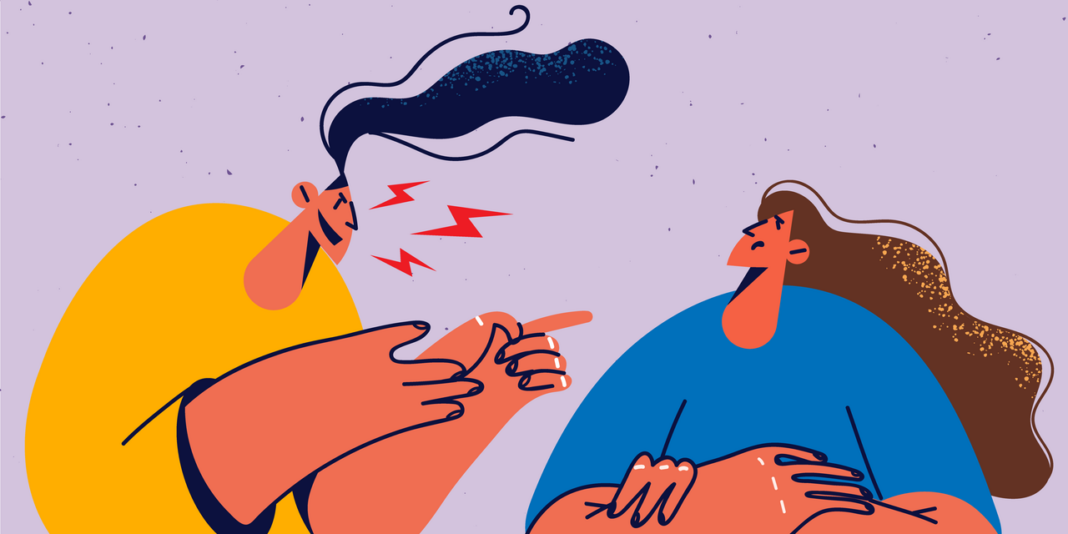As someone who’s all for playful banter and even some good ol’ fashioned roasting, I can easily laugh off witty, well-meaning jabs from my close friends. But that’s definitely not the same as dealing with a snarky, passive-aggressive “pal.” You know, the one whose insults are always veiled as compliments. (“I wish I could wear as much makeup as you!” “Wow, if only I could be so care-free about my future!”)“None of us enjoy feeling belittled, especially from those we consider to be our friends,” Melanie Ross Mills, PhD, a Dallas-based therapist and the author of The Friendship Bond, tells SELF. After all, these are the people we choose to have in our lives to lift us up, not drag us down or make us feel insecure. Figuring out how to react to these snide comments can be awkward, though: Do you brush off that backhanded compliment about how “effortless” your job is—even though it lets them get away with being rude? Or do you match their judgmental attitude (“Actually, my career is way more challenging than your stuffy office job”) to make a point?“Instead of internalizing the offhand remark or impulsively lashing out, it’s important to pause and think about how to respond, because this could be a good opportunity to speak up for yourself,” Dr. Mills says. You don’t have to cuss them out, but handling the situation calmly and confidently can set the tone and show them that you won’t accept being talked down to, she explains.Plus having an open conversation may even strengthen your friendship. For you, it’s a chance to clearly communicate boundaries for the behaviors you will (and won’t) tolerate. And for your pal, it’s a learning moment that lets them see how their words affect you, which will hopefully lead to a healthier and happier dynamic moving forward, she adds.To help you navigate this tricky territory—without completely losing your cool—we asked Dr. Mills for some polite yet assertive things to say to your friend any time their banter feels a bit more like bullying.“Are you feeling okay? That comment didn’t seem like you.”If your friend’s condescending words are out of character, it’s worth considering what they might be dealing with. For example, maybe those sudden digs about your years-long relationship stem from their recent breakup. Or they snapped at you because they’re pissed that they didn’t get their dream job.“Sometimes people take their pain out on those closest to them through backhanded or passive-aggressive remarks,” Dr. Mills says—which is why she recommends redirecting the conversation toward how they’re doing. In response, your friend may open up about how they’re bitter that their ex moved on with someone new, for instance, or how they’re in a bad mood because of the rejection letter they got that morning.Of course, having a shitty day doesn’t give them a free pass to treat you poorly. “You can let them know that you understand they’re going through a difficult time, but their harsh comments are making you feel hurt and disrespected,” Dr. Mills says. An empathetic conversation like this—in which you validate their struggles but also stand up for yourself—allows both of you to express your true thoughts and feelings. And having a foundation of honesty and mutual respect, Dr. Mills says, is super important for any relationship to overcome challenges (like calling out bad behavior) and ultimately thrive.“I’m not sure that I’m getting it. What did you mean by that?”Another way to respond to a sneering statement is to simply ask your friend for an explanation, Dr. Mills says. At best, they’ll specify that their quip about how “brave” you are for posting that bikini selfie, say, was just a poorly phrased way of giving you a genuine compliment. On the flip side, if their remark was intentionally condescending, having to repeat it “usually holds them accountable by putting them on the spot to pause, process, and rethink what they said,” Dr. Mills says.
